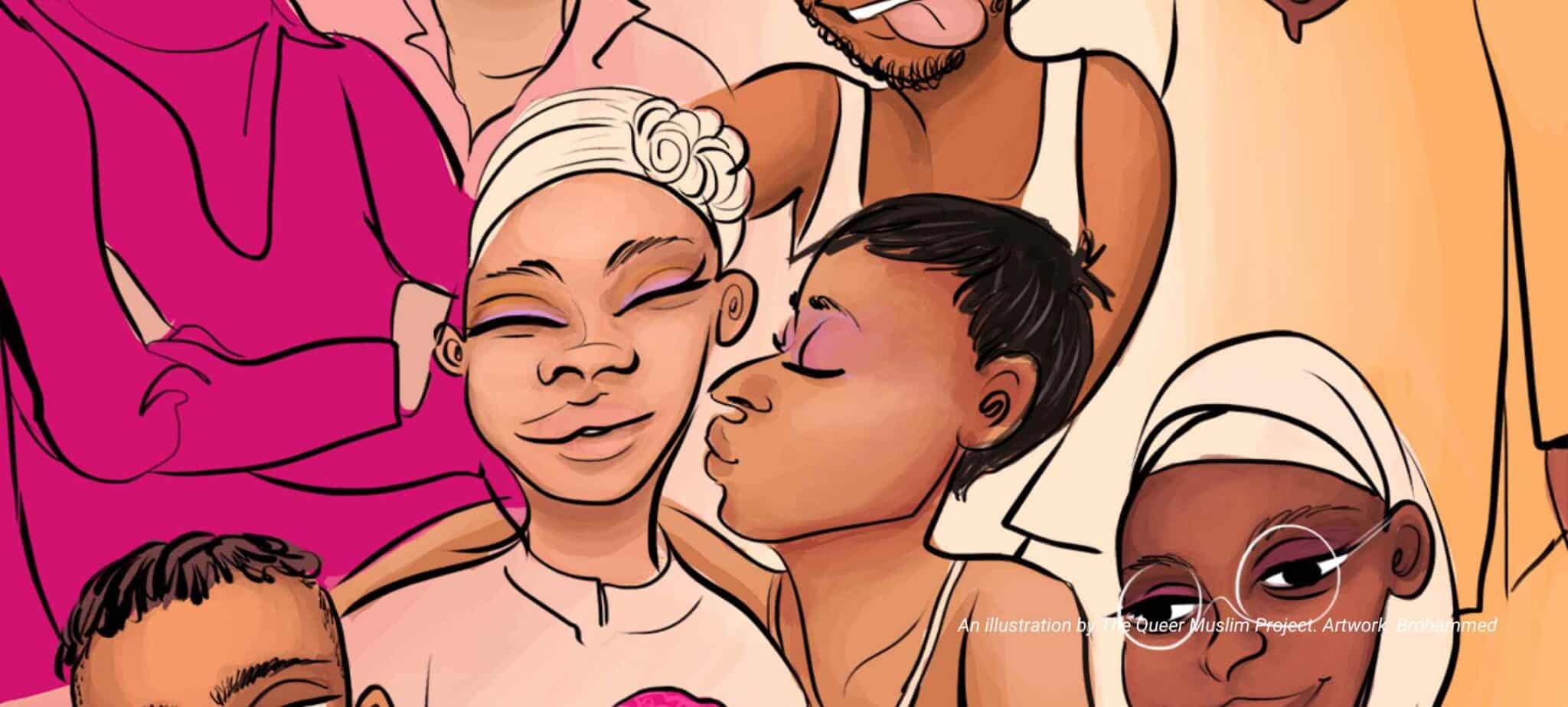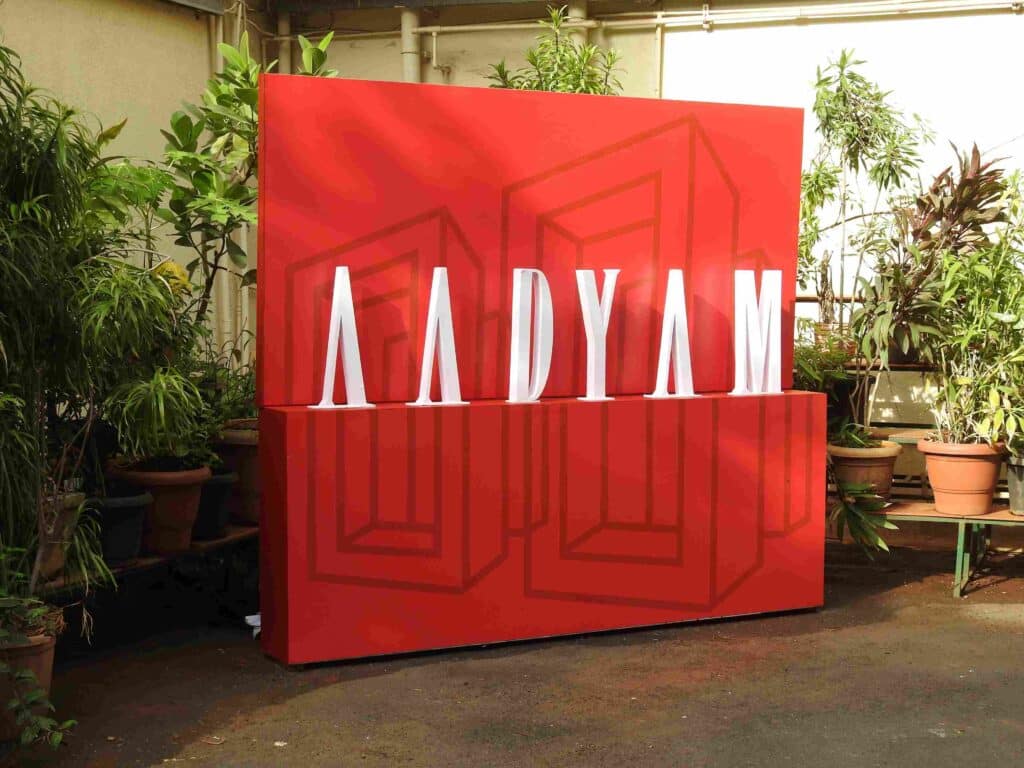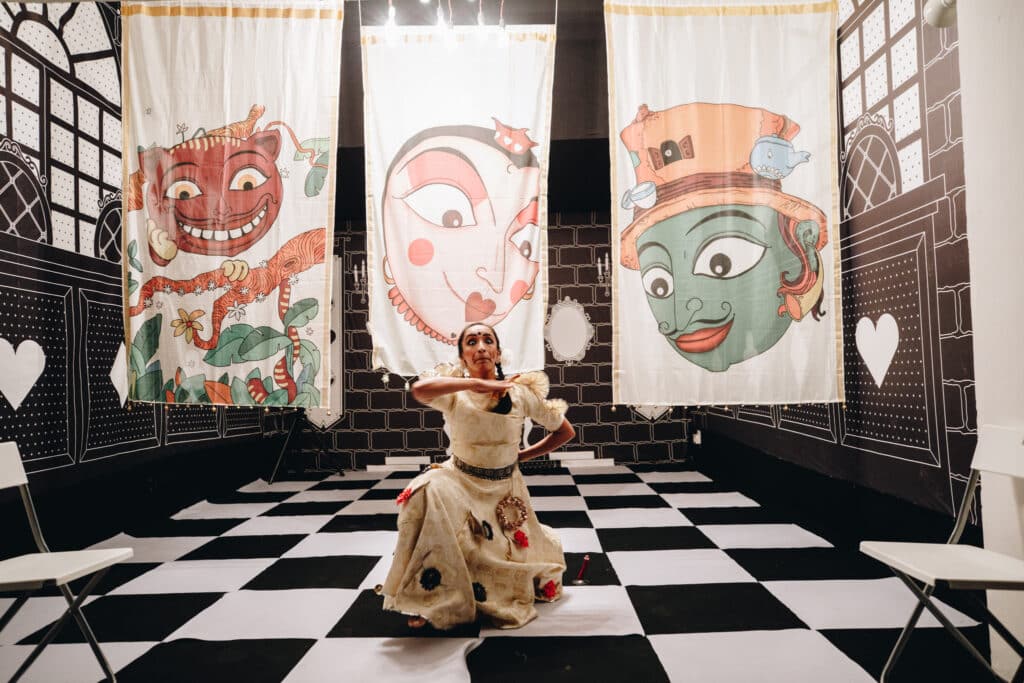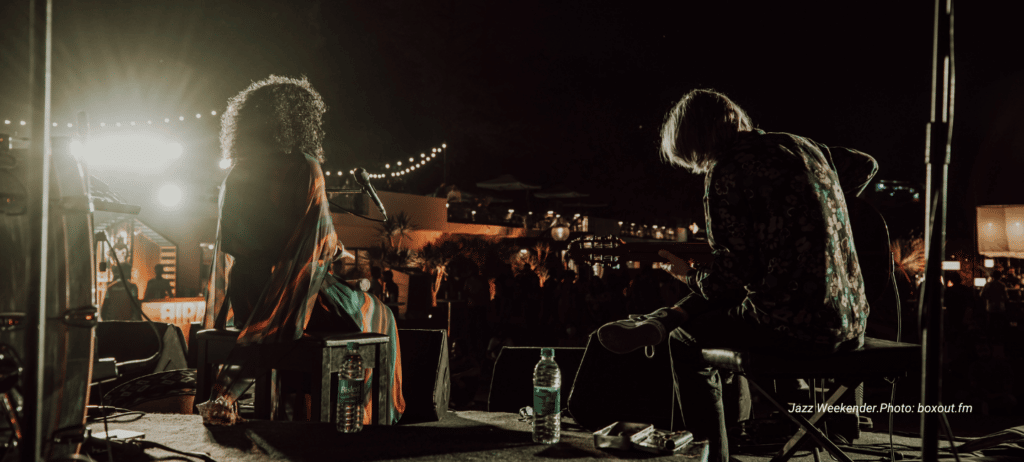One of the main aims of arts and culture festivals is to bring together people from various walks of life and provide them with meaningful experiences. This is especially true for festivals that celebrate and empower the LGBTQ+ community. Staging these festivals, expectedly, involve a unique set of challenges. We spoke to Moulee, festival director of the Chennai Queer LitFest and Maniza, programmes and innovations manager for The Queer Muslim Project, which puts together the Digital Pride Festival, for their insights on how to organise a queer festival.
Get the right audience
“Invites can ask those who register if they identify as queer/trans and in what specific way, and also list their affiliated organisation, if applicable,” says Maniza. “It always helps to reach out to community-led organisations and collectives [when] you’re trying to promote your festival so that there is a larger number of queer and allied attendees.”
Prepare for uninformed attendees
Occasionally, the audiences at queer festivals include those who are interested to learn and engage in conversations about the community but lack some basic knowledge. “Sometimes, people do not know the right terms to use or they don’t realise that their question is insensitive,” says Moulee. A festival can create multiple channels through which participants can do their own research prior to the festival. For instance, after they register, you can send them a QR code with links to a free-to-use online directory of LGBTQ+ resources. Chennai Queer LitFest organiser Queer Chennai Chronicles, in collaboration with The News Minute, has published resources that include and cover a glossary, a media reference guide and understanding queer coding/queerbaiting.
Be inclusive, in more than one way
Maniza recommends introducing audiences to platforms that discuss queerness along the intersections of caste, region, and disability. “Intersectionality is key, as queer art and culture is shaped by diverse communities who uphold various ideas.” Direct them to platforms such as The Queer Muslim Project, the Dalit Queer Project and Revival Disability India, adds Maniza.
Keep the discussion on track
Establish the scope of engagement so that both speakers and audiences understand the need for a focused discussion. “A good moderator can use tact to keep things running smoothly, especially in the case of live sessions,” says Maniza. Another way to do this is to lay down guidelines collaboratively. They add, “As part of The Queer Muslim Project’s longer workshops, we ask participants to create these guidelines together — they share three to four codes or values they wish for everyone to uphold in the space. This document becomes a collaborative rulebook of sorts. We often receive answers involving keywords like empathy, collaboration, curiosity, criticality and active listening.”
Brace yourself for negativity
While most of the people attending queer festivals are there for the right reasons, there is always a possibility of somebody making insensitive comments. “Online or offline, there is always the risk of people trolling,” says Moulee. “In physical spaces, there is also this threat looming that someone may attack the speakers.” Maniza says that organisers should ensure that the festival venue has an adequate security team in order to prevent adverse incidents. “We also discuss with speakers the potential of unwelcome queries to have a plan on how to work with the situation should it arise,” they say.




Share on